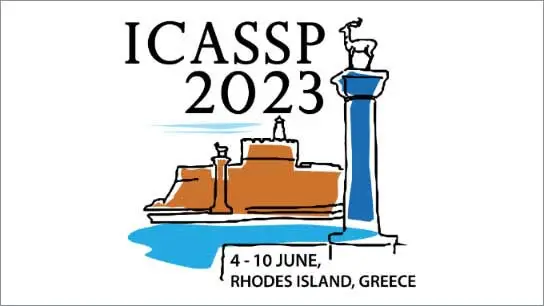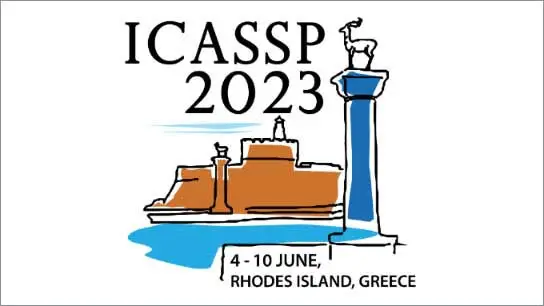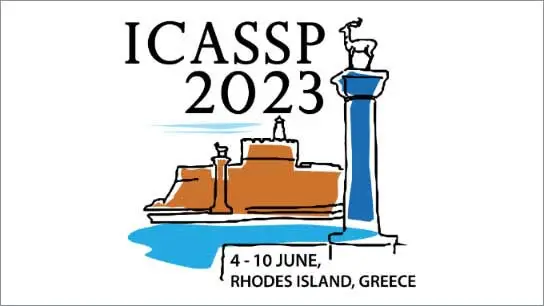Adaptable End-to-End ASR Models using Replaceable Internal LMs and Residual Softmax
Keqi Deng (University of Cambridge); Phil Woodland (Machine Intelligence Laboratory, Cambridge University Department of Engineering)
-
Members: FreeSPS
IEEE Members: $11.00
Non-members: $15.00
07 Jun 2023
End-to-end (E2E) automatic speech recognition (ASR) implicitly learns the token sequence distribution of paired audio-transcript training data. However, it still suffers from domain shifts from training to testing, and domain adaptation is still challenging. To alleviate this problem, this paper designs a replaceable internal language model (RILM) method, which makes it feasible to directly replace the internal language model (LM) of E2E ASR models with a target-domain LM in the decoding stage when a domain shift is encountered. Furthermore, this paper proposes a residual softmax (R-softmax) that is designed for CTC-based E2E ASR models to adapt to the target domain without re-training during inference. For E2E ASR models trained on the LibriSpeech corpus, experiments showed that the proposed methods gave a 2.6% absolute WER reduction on the Switchboard data and a 1.0% WER reduction on the AESRC2020 corpus while maintaining intra-domain ASR results.



